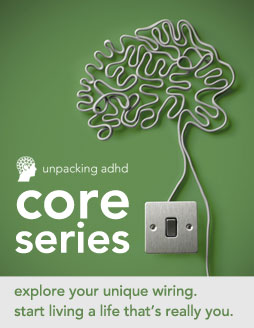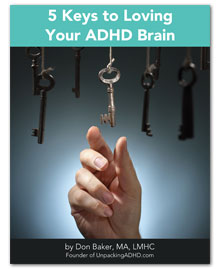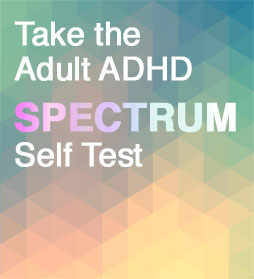I was standing in the shower after taking an amazing bike ride this morning. Unusually low humidity and a cool north wind had cleared up any haze in the sky in the Seattle area-the Olympic Mountains looked GIGANTIC today and provided the perfect backdrop to the chop on Puget Sound. I put 40 miles on my bike on my ride with a steady breeze behind me most of the way. I felt so alive and felt like I was right where I should be.
I don’t know about you but I do my most productive thinking when I’m moving-bike, skis, car, airplane. Or, when I’m in the shower-like this morning. There’s something about the pressure/movement of the water hitting my back that “makes the stars align” and it seems as though I can focus effortlessly.
Seemingly out of nowhere the idea for today’s blog came to me. Why not look at friend and colleague Dr. Robert Glover’s work, review some of it’s principles, and write about where I see the overlap in our work? What follows if my attempt.
Paradigms
Dr. Robert Glover defines a paradigm as:
“the road map we use to navigate life’s journey. Everyone uses these road maps and everyone assumes the map they are using is up-to-date and accurate. Paradigms often operate at an unconscious level, yet they determine to a large degree our attitudes and behaviors. They serve as a filter through which we process life experiences. Data that does not fit our paradigm is screened out, never reaching our conscious mind. Information that does fit our paradigm is magnified by the process, and adds even greater support for that particular way of believing.”
“Paradigms, like road maps, can be great tools for speeding us along on our journey. Unfortunately, if they are outdated or inaccurate, they can send us in the wrong direction or fruitlessly driving around the same old neighborhood. When this happens we often keep trying harder to find our desired destination while feeling more and more frustrated. Even though an individual following an inaccurate or outdated paradigm may think his behavior makes perfect sense, those around him may wonder what he could possibly be thinking to make him act the way he does.”
Consider This:
The wiring / biology that underpins the traits of ADHD can impact your paradigm or view of the world and / or the way the world views you in very significant ways….on SO many different levels.
For example, what if you’re always late? Does this process sound familiar? You run late, certain attributions get made about you being late by others (most “normal” people don’t struggle with time so the lens / paradigm of most that are “neurotypical” this person is manipulating me!), those attributions get negatively internalized by you as “there’s something really wrong with me!” without any other way to explain it to yourself (if your lens / paradigm around your wiring and poor sense of time is non-existent), and your paradigm / map is created. The attribution that typically is made about someone being late is that they just don’t care, that they don’t value others’ time.
Or what if you’re someone who can connect the dots and come up with AMAZING solutions that others’ don’t see or understand? Then you may be asked to show your work. “How’d you arrive at that conclusion?”
If you’re slow at finding the words to describe the process / steps, someone may say / think “if you can’t show me your work, then either you cheated or you’re wrong.”
If you don’t have a reasonable understanding of your wiring and your innate gift to make connections, you’re likely to internalize a degree of skepticism about this gift or downright make every attempt to disown it.
Dr. Glover goes on to say:
“most paradigms are developed when we are young, naïve, and relatively powerless. They are often based on the inaccurate interpretations of childhood experiences. Since they are often unconscious, they are rarely evaluated or updated. Perhaps most significantly, they are assumed to be 100 percent accurate — even when they are not.”
In my mind, the information I’ve put together in the Unpacking ADHD courses is rich. Rich because the material you’ll encounter on the site is a product of personal and professional experience.
Consider approaching the Unpacking ADHD course content as holding tools / strategies that will move you in the direction of change, to gain traction from a position of feeling stuck and ineffective, and to move forward in your life feeling more grounded and confident.
What would you add to this?
Are the paradigms you have in place in your life in need of a tune-up?
Let us know what you think!




